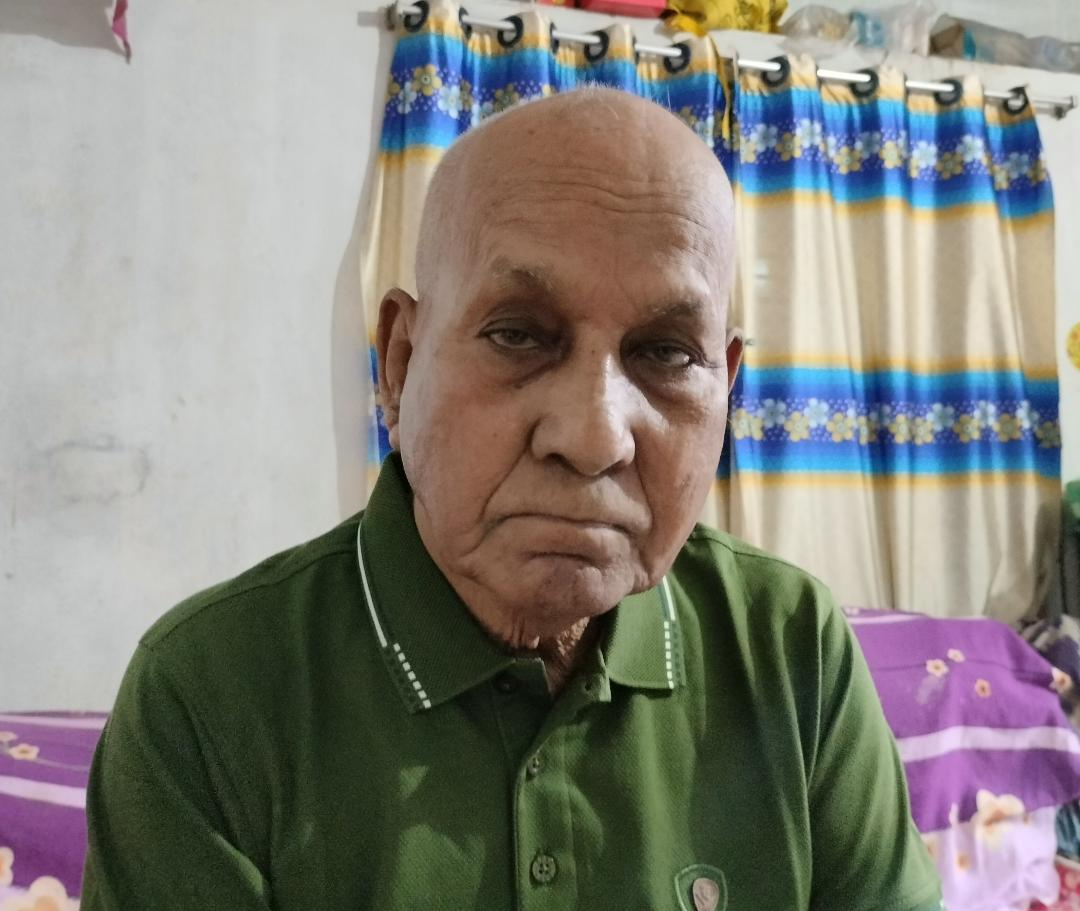Published: 06:49 AM, 28 August 2025
Rasendra Datta Chowdhury: A Symbol of Politics and Journalism with Integrity

Sangram Datta
In the history of Bangladesh’s democratic and liberation struggles, the name Rasendra Datta Chowdhury remains inseparably etched. Hailing from Srimangal upazila in Moulvibazar district, he was not only a fearless political leader but also a principled voice in journalism. His life, spanning more than eight decades, reflects courage, sacrifice, and unshakable dedication to the ideals of justice and truth.
Early Life and Education:
Born on 12 April 1940 in Noagaon village of Srimangal upazila under Moulvibazar district, Rasendra came from a zamindar family but grew up with deep social consciousness. He completed his schooling at Srimangal Victoria High School, pursued higher studies at Moulvibazar College, and later obtained a B.Com and a B.Ed. Though he began his career as a teacher, his passion soon drew him into the sphere of politics.
Student Politics and Activism:
By the 1950s, Rasendra had emerged as a fiery student leader in Srimangal. He played leading roles in the 1962 movement against the Education Commission, the anti-Ayub protests, and the Balishira Hill Movement. Entering politics through the Student Union, he later became associated with the National Awami Party (NAP) and the broader leftist movement—establishing himself as a prominent voice of his region.
Role in the Liberation War:
In 1970, Rasendra was arrested as the prime accused in the “Joy Bangla Case.” During the Liberation War of 1971, he hoisted the flag of independent Bangladesh in Srimangal and mobilized resistance against the Pakistani forces. He also worked tirelessly to unite locals for the cause of freedom. Crossing into India, he contributed to generating international support for Bangladesh’s independence—an effort that earned him an honorary certificate from the Government of India.
Denied Recognition as a Freedom Fighter:
Despite his contributions, Rasendra has yet to be officially recognized as a freedom fighter. He applied for inclusion in the government’s list in 2014, but in 2017, the Srimangal Upazila verification committee, led by former Agriculture Minister Md. Abdus Shahid, rejected his claim citing lack of evidence. Many others, including Awami League leader M. A. Rahim and NAP leader Mohammad Shahjahan Mia, faced similar denial.
In 2022, Rasendra appealed directly to the National Freedom Fighters’ Council (JAMUKA). When no hearing was held, he approached the Ministry of Liberation War Affairs in 2024, where Minister A. K. M. Mozammel Haque endorsed his appeal with a recommendation but admitted his inability to intervene further. Finally, in January 2025, Rasendra filed a writ petition in the High Court, which issued an order and rule nisi in his favor.
Politics and Journalism after Independence:
After independence, Rasendra continued to be an active organizer. Under Bangabandhu Sheikh Mujibur Rahman’s leadership, he was elected joint secretary of the Srimangal branch of BAKSAL. A fearless advocate for labor rights, particularly of tea workers, he was equally committed to grassroots activism.
Alongside politics, Rasendra built a long career in journalism. From 1962, he worked for over four decades with the national daily Sangbad. He also played a pivotal role in establishing the Srimangal Press Club, leaving a lasting mark on regional journalism.
A Leader Among the People:
In 1983, he was elected chairman of the Srimangal Union Parishad through popular vote. Known for his honesty and simplicity, he earned the trust of the common people. Whether it was forest conservation, river dredging, or the workers’ movement, Rasendra was always at the forefront. He traveled to the Soviet Union on official invitations and endured repeated imprisonments for his political convictions.
Later Years and Struggles:
In December 2020, Rasendra suffered a mild stroke that left him physically weakened. He survived a severe bout of COVID-19 but has since been living in fragile health at his home in Srimangal.
Conclusion:
Rasendra Datta Chowdhury is more than a politician or journalist; he is a living embodiment of integrity, sacrifice, and resilience. His life demonstrates what it means to remain true to ideals despite adversity. Though the state has yet to grant him the rightful recognition he deserves as a freedom fighter, history will remember him as an uncompromising companion of Bangladesh’s struggle for justice and liberation.




